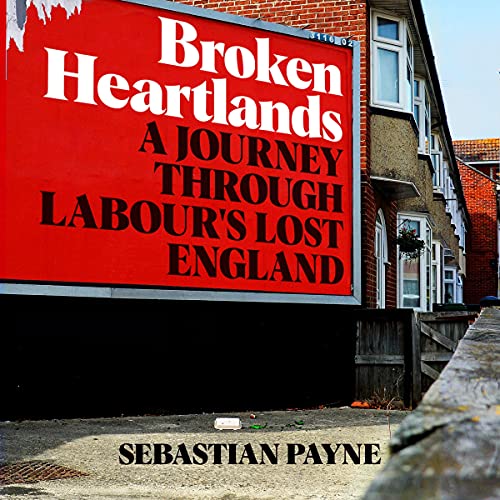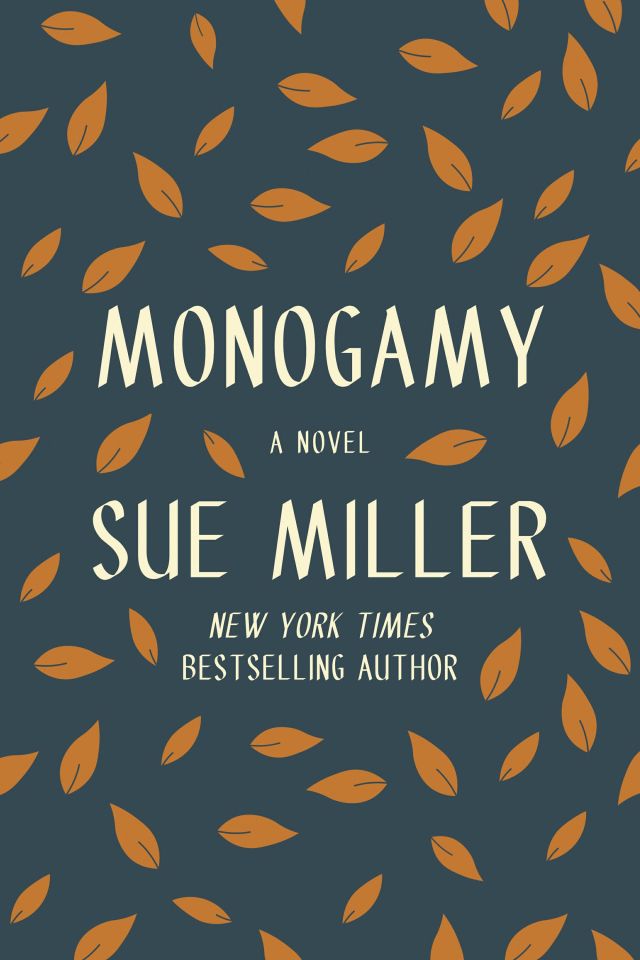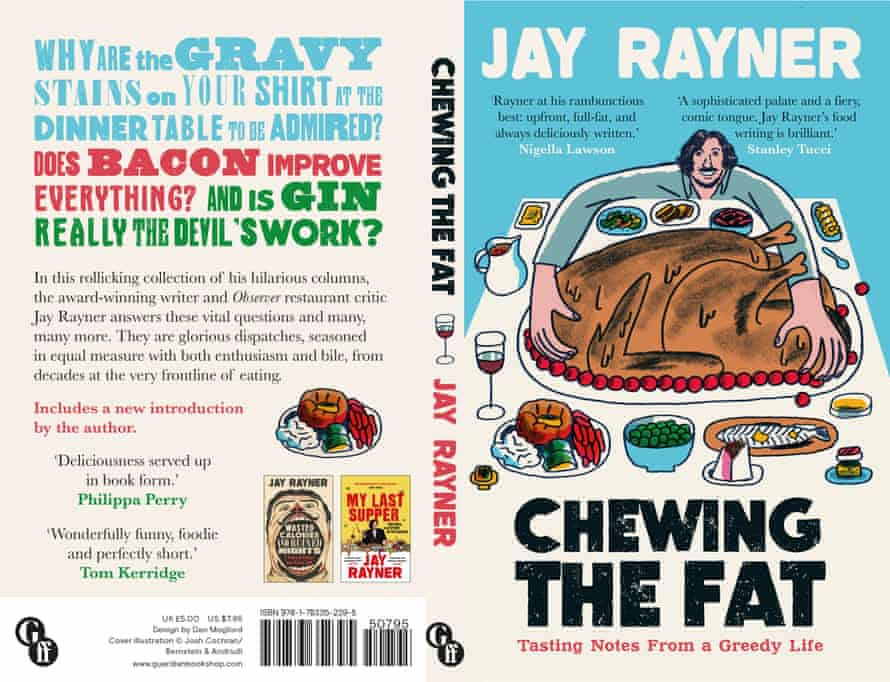Citypages: Books to look back and books to look forward

Central Banking 101 by Joseph Wang

If you did not know what yesterday’s rate rise from the Bank of England meant, this book is for you. Over the last year, words like quantitative easing have been thrown around with surprising regularity, as happened to other concepts normally relegated to the financial pages. Central Banking 101 aims to put much of this in context and make sense of those mysterious institutions – the Central Banks.
Joseph Wang, a former trader on the US Federal Reserve’s open markets desk, has produced an easily digestible primer on central banks’ role in guiding their respective country’s economic direction. Wang gives the low down on how a rise, or a cut, in interest rates impacts households, businesses and financial markets. He provides clear examples throughout the book to help the reader grasp difficult concepts.
As the Covid-19 crisis runs on, Wang’s on-the-ground experience at the heart of the world’s most powerful central bank is a crucial resource to help the layman understand where the global economy may be headed next.

Broken Heartlands by Sebastian Payne
As Boris Johnson reminisces on the last Christmas he enjoyed, in the wake of his landslide 2019 election, Financial Times journalist Sebastian Payne looks at how the bricks of the Red Wall were doused in swathes of blue paint. In a red Mini Cooper, Payne visited ten of the constituencies which delivered the Prime Minister his victory.
The book also comes with an impressive series of interviews with most of the major political names of the last two decades including Boris Johnson, Tony Blair, Keir Starmer, Neil Kinnock, Andy Burnham and Ed Milliband.
The story reads as a cautionary tale for Starmer of the uphill battle he has to win back credibility among these voters. Changed demographics have meant previously industrial towns have become middle-class. Meanwhile, the nature of poverty has changed and the emotional connection with Labour has been severed.
Even as Labour surges ahead in the polls at the end of the year, it is essential reading for anyone hoping to understand how a party built on the backs of a class-based system will struggle to regain its grip on the hearts and minds of the future.

Bewilderment by Richard Powers
At its heart, Bewilderment is a story of a father desperate to protect a child too sensitive for the world as it currently stands. It follows narrator Theo Byrne, a university astrobiologist and his son Robin, who is behaviorally challenged. Robin’s mother – Theo’s wife – Alys, bird-loving environmental activist was killed in a car accident.
As Robin’s emotional tantrums and rages become more and more extreme, they turn to unusual treatments to try and find a solution. As many are re-evaluating their relationship with the natural world, Powers uses his novel to make a statement about our emotional disconnection from people and from Mother Nature.
In its efforts to sway his reader, it runs the risk of straying into the territory of sanctimonious storytelling. It clearly is as much an indictment of the US which voted for Donald Trump. The fictional president and Powers’ disdain for him is thinly veiled.
All the same, it is haunting in its depiction of a boy sensitive to all of the ills we, perhaps too easily, brush off.

Monogamy by Sue Miller
Grief is extremely subjective in the way we come to terms with it, but universal in its gripping pain. The more you’ve loved someone, the more harrowing it is when they go. This is what Monogamy explores, with a delicate and unobtrusive gaze.
The book is a tribute to Annie and Graham’s life together. With its atmosphere of joyful dinner parties, to intimate scenes of raising children and sharing domestic life, it feels so relatable it actually hurts. From love to grief, loyalty to trust, the book takes a serious look at the crux of it all and asks: is monogamy the only way to love?
Whether you cheat for the excitement, or “maybe even for this very anguish” that comes afterwards, as Graham thinks, you can’t undo it. For Frieda, Graham’s first wife, “Love isn’t just what two people have together, it’s what two people make together, so it’s never the same”. Whether you’re content with this vision or not, the book offers plenty of inputs for reflection.

Chewing The Fat by Jay Rayner
Food critic Jay Rayner begins “Chewing the Fat” with the suggestion that it makes the ideal “loo book”, owing to the length of time it takes to read each of the collection’s rollicking 600 word columns (Amy O’Brien writes). But aside from this concision, there’s not much else to justify confining this laugh-out-loud book to besides the bog.
It’s hard not to nod in agreement when reading every upfront, unrestrained chapter.
Maybe that’s because I fit into the same gluttonous category as Rayner, “the kind of person who picks the crispy bits off the bottom of the greasy pork roasting tin.” But no matter where you sit on the Richter scale of greed, some of his views must be universally shared.
Can’t we all agree with him on the shortcomings of food on British public transport, where a long train journey is mired by the prospect of having to buy lunch on board? Where “the buffet car sandwiches taste of profit margin and old age”?
Other views are more controversial, but I still can’t help but nod along at every one. Buffets are “where ingredients go to die,” and “a game of edible Russian roulette”.
Arguably the best chapter is dedicated to taking down the concept of a picnic. “The quality of an eating experience decreases in direct proportion to the distance it travels from its point of origin,” Rayner proclaims.
Instead of the magazine spread fantasy we’re sold, lofty ambitions result in “a poached fish which is falling apart faster than Michael Jackson’s face.”
In an aptly festive chapter Rayner reminds us that, if the Omicron variant doesn’t spare you from hosting irritating relatives, “cooking Christmas lunch is a glorious way to absent yourself from the nightmare of Christmas.”
As we sit in limbo between a brief period of eating out and the prospect of being locked in our own kitchens once again, Chewing the Fat is a reassuring read.
A celebration of the best things about doing things your own way, and a timely reminder of all the things there are to hate about other people’s cooking.

Freedom to think by Susie Alegre
Without a moment’s pause, we share our most intimate thoughts with trillion-dollar tech companies. Their algorithms categorise us and jump to conclusions about who we are. They even shape our everyday thoughts and actions – from who we date to how we vote.
But this is just the latest front in an age-old struggle.
Part history and part manifesto, Freedom to Think charts the history and importance of our most basic human right: freedom of thought.
From Galileo to Nudge Theory to Alexa, human rights lawyer Susie Alegre explores how the powerful have always sought to get inside our heads, influence how we think and shape what we buy.
Providing a bold new framework to understand how our agency is being gradually undermined, Freedom to Think is a groundbreaking and vital charter for taking back our humanity and safeguarding our reason.
Alegre’s columns on the value of human rights law, the duty of care we have to our children in an online age, and the power of small islands in the fight against climate change, have featured in CityA.M.

This Mortal Coil by Andrew Doig
There’s nothing like a pandemic to force humans into an uncomfortable confrontation with their own frailty. From the black death to small pox Andrew Doig’s This Mortal Coil reminds us that some of humankind’s most miraculous innovations – including vaccines, statistics and gene sequencing – arose from society’s attempts to thwart death.
All too often, however, life-saving inventions are hoarded instead of being shared equally.
The practice of using forceps to help mothers safely deliver babies could have saved thousands of lives had the company that invented the tool in the sixteenth century not kept it a secret for over a hundred years.
Large health inequalities still persist in the world today with GDP closely linked to life expectancy.
The Covid-19 pandemic is no exception. Deficient vaccine equity has left people living in the world’s poorest nations most vulnerable to the disease.
Although the world’s latest pandemic is scarcely mentioned by Doig it’s hard to imagine a book with more relevant insights into how societies fail and succeed when navigating threats to life.
